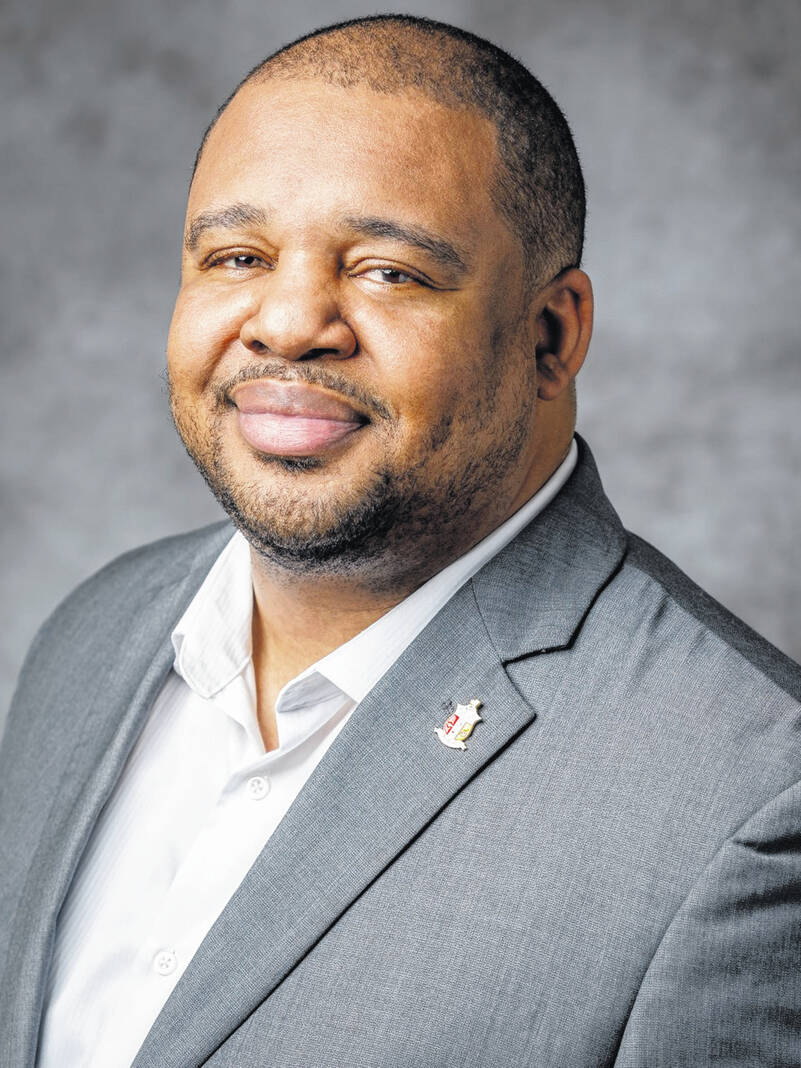
“What is past is prologue.” Those words are engraved on the National Archives building in Washington, D.C., just a few minutes’ walk from the Martin Luther King, Jr. Monument and the National Museum of African American History and Culture on the National Mall. Each of these landmarks reminds us of the decisive role that history plays in shaping our lives today, tomorrow and well into the future.
This is also a lesson we’re taught by Black History Month, when each February we celebrate the struggles and achievements of Black men and women, milestones that mark their contributions to America and the world. But for me, Black History Month also teaches us something beyond the inspiring past. It’s also about our future and the steps we must take to build a memorable history for ourselves and our own generation.
While the foundation of Black history has been built on many pillars, to me the most essential force for progress through those years has been education. Beginning with struggles in the Civil Rights Era and continuing to the present day, education increasingly has been the hard-won key to achievement, self-confidence and earning power – not only for millions of Black men and women but also for others who have struggled with barriers of inequity, poverty or lack of opportunity.
That’s why I was so troubled by a report from the National Student Clearinghouse that from 2019 to 2021 undergraduate enrollment by Black males at U.S. colleges and universities dropped by 10.2 percent. This disturbs me on so many levels – as an involved member of the Black community, as an educator and especially as a father watching out for our youngest generation. While overall college enrollment has slipped to a lesser degree in other demographics, it’s clear that Black men in particular are failing to take advantage of advanced education and its rewards.
It’s no surprise that a leading reason for this drop-off has been the growing financial cost of an advanced education. But just as important is the cost of time that’s too often required to attain a degree. The time commitment needed to pursue conventional, classroom-based studies on a typical college campus can be a real challenge for busy adults with full-time jobs or family responsibilities. Fortunately, more and more colleges and universities in Ohio are working to address these obstacles by keeping costs low, assisting with financial support, and offering remote, online learning that allows students to study from home and at their own pace.
These improvements are familiar to me as chancellor of Western Governors University Ohio, an accredited, nonprofit institution with years of experience in online-only education and a range of degree programs that are particularly suited for adult learners who seek a diverse, inclusive and affordable learning environment.
None of us can rewrite history, but we can look back at lessons from the past to help us write the history of what comes next. That requires preparing ourselves with the education, skills and resources needed to overcome whatever obstacles and inequities life may throw in our way. Because the past is prologue, the best way to celebrate Black history of the past is to take responsibility for writing its next chapter.
Dr. K.L. Allen is chancellor of WGU Ohio, the state affiliate of online, nonprofit Western Governors University.

